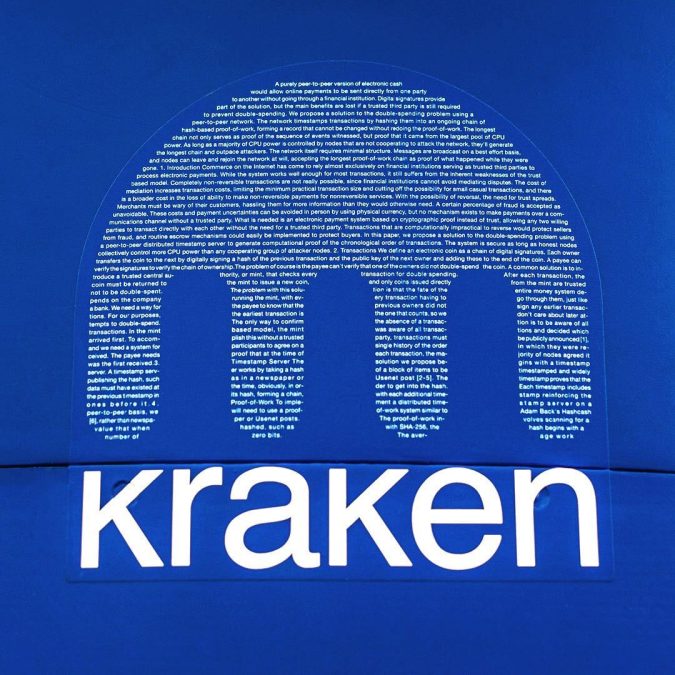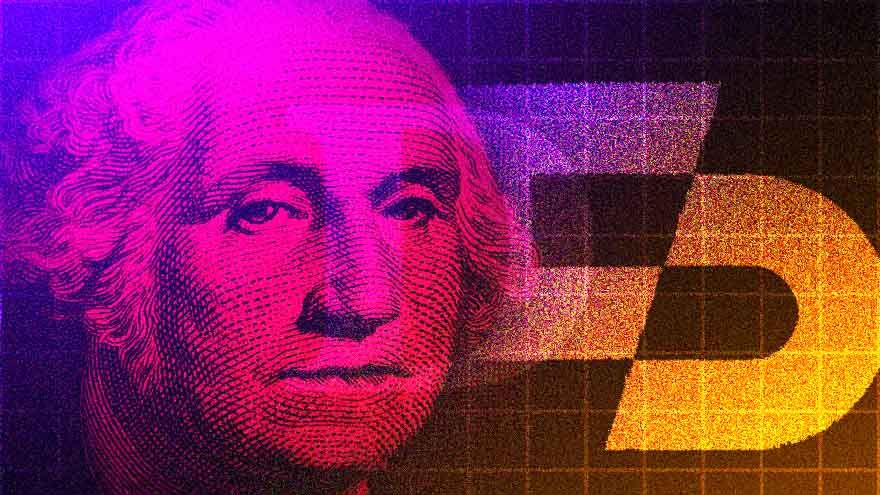- The Benchmark
- Posts
- The SEC comes after Binance
The SEC comes after Binance
More regulatory actions on the horizon
Welcome back to The Benchmark, a weekly newsletter read by thousands brought to you by Alongside, where we cover the latest crypto news, interview builders in the space, and dive into new projects.
Market Check-in


This Week in Crypto

The SEC officially comes after Binance
The U.S. Securities and Exchange Commission (SEC) has accused Binance, the largest global cryptocurrency exchange, of mishandling customer funds and misleading American regulators and investors. The SEC's complaint alleges that Binance funneled billions of dollars in customer funds to a separate company, Merit Peak Limited, controlled by Binance’s founder, Changpeng Zhao (CZ). It also states that Binance deceived investors about its system's capacity to prevent manipulative trading and its efforts to restrict U.S. users from trading on its international platform.
These charges are part of a broader regulatory push to enforce compliance within the cryptocurrency sector. Binance and CZ, facing 13 charges, are accused of enriching themselves significantly while endangering investors' assets. The SEC seeks to bar Zhao from serving in an official role for any U.S. entity issuing securities and is pursuing restitution from Binance. The exchange has responded, expressing disappointment and intending to fight back vigorously against what it calls a "misguided" case.
Read the full SEC complaint here.
Binance responded:
Today we charged Binance Holdings Ltd. (Binance); U.S.-based affiliate, BAM Trading Services Inc., which, together with Binance, operates Binance.US; and their founder, Changpeng Zhao, with a variety of securities law violations.
sec.gov/news/press-rel…
— U.S. Securities and Exchange Commission (@SECGov)
5:55 PM • Jun 5, 2023
House Republicans Propose a New Crypto Draft Bill
On a slightly more positive note, Patrick McHenry and Glenn Thompson, the Republican chairs of the House Financial Services Committee and House Agriculture Committee, have introduced a draft bill aiming to provide a regulatory framework for digital assets. The proposed legislation could allow digital assets initially classified as securities to be subsequently regulated as commodities, depending on the degree of blockchain network decentralization. Key criteria for a network to be considered decentralized would be the absence of any person with unilateral authority to materially alter the network's operation in the past 12 months and that no token issuer or affiliate owns 20% or more of the outstanding digital assets.
The draft bill stipulates a process for token issuers to certify to the SEC that their blockchain is adequately decentralized, with the SEC having 30 days to object, with a possibility of a 90-day extension. Despite SEC Chair Gary Gensler's stance that most digital assets are securities and no new rules are required, the crypto industry has been advocating for clarity and workable rules. The proposed legislation offers guidance on how platforms can register with the SEC, CFTC, or both, and mandates the two regulators to jointly issue rules on definitions and oversight of dually-registered exchanges. It also provides for a transitional period and requires studies on nonfungible tokens (NFTs) and decentralized finance (DeFi).
Here’s an amazing recap thread from Justin Slaughter at Paradigm:
It's Friday night, the kids are in bed, the biggest piece of crypto legislation for this year has dropped—the McHenry-Thompson bill on market structure— so let's get this party started.
Here’s a deep dive into the bill’s contents. Thread
docs.house.gov/meetings/AG/AG…
— Justin Slaughter (@JBSDC)
12:31 AM • Jun 3, 2023
Binance chooses a successor
Richard Teng, former Abu Dhabi regulator and currently overseeing Binance's markets outside the U.S., has been positioned as a likely successor to CZ. The speculation comes amid Zhao's intentions to reduce his ownership of Binance.US, seen as a move to placate U.S. regulators. While Teng dismisses such succession speculations as premature, he acknowledges the company's strong compliance pivot over the past 18-24 months and its intent to address past issues responsibly. Teng also notes the evolving crypto landscape, pointing to the emergence of new crypto hubs and regulatory advancements in places like Dubai, Europe, and Hong Kong.

More reading from this week
1/ Kraken’s new CTO sees AI <> Crypto work together
2/ New Hong Kong Crypto Regs Take Effect
3/ Coinbase Stock Tumbles after SEC news

How to Do Your Own Research (DYOR)?
It's always "DYOR", but never "How DYOR?"

"Do your own research"
Here's how to properly DYOR with crypto:
DYOR fundamentals
Docs
Team
Tokenomics
Landscape
Market
Community
1. Read. The. Docs.
What is the project solving? Do they have a whitepaper? Do they have documentation?
Start with why this project exists and how it works.
If the project doesn't have a whitepaper, it's either a memecoin or a red flag 🚩
2. Who is the team?
Who is behind this project? Are they reputable?
Learn about their credentials, transparency, and track record. A strong team is vital for a project's success.
3. What are the tokenomics?
All tokens have some form of tokenomics. Lookout for:
- Total supply
- Circulating supply
- Token distribution
- Inflationary/Deflationary Measures
- Utility
- Governance
- Security
- Decentralization
- Transparency
- Emission Schedule
4. Explore the landscape.
Who else is trying to solve this problem?
What other projects have already launched? How are they doing?
What makes this one different?
Who are the investors behind the project?
5. Get to know the market.
Understand where to project sits today.
- How big is it already? (Marketcap)
- How much is it being traded? (Volume)
- How available is it? (Liquidity)
These factors can help you place the project relative to others, and assess the room for growth.
6. Join the community.
The best way to get to know the project is to just join it. How?
- Join their discord
- Listen to community calls
- Meet other community members
- Keep up with the project's news and social presence
You want to look for active communities.
This just scratches the surface. You can always do more research. In fact, the process never ends. but if you're a bit lazy.. you can let the market do it's magic:
The idea of "passive investing" is buying a diversified basket of assets that follow the proportions of the market, instead of picking individual assets.
$AMKT, the Crypto Market Index, is just that for the crypto market.
It tracks the top 25 assets in the space by marketcap.

While it doesn't absolve from DYOR, it follows the general demand for assets as the market chooses.
For example, today, since Bitcoin and Ethereum are the two most demanded assets in crypto, they are also the two biggest assets in the $AMKT index.
Learn more about $AMKT here. Or join the conversation.

If you are receiving this email, you signed up to receive email communications from Alongside in the last year.
DISCLAIMER: This newsletter is strictly educational and is not investment advice or a solicitation to buy or sell any assets or to make any financial decisions. Please be careful and do your own research.




